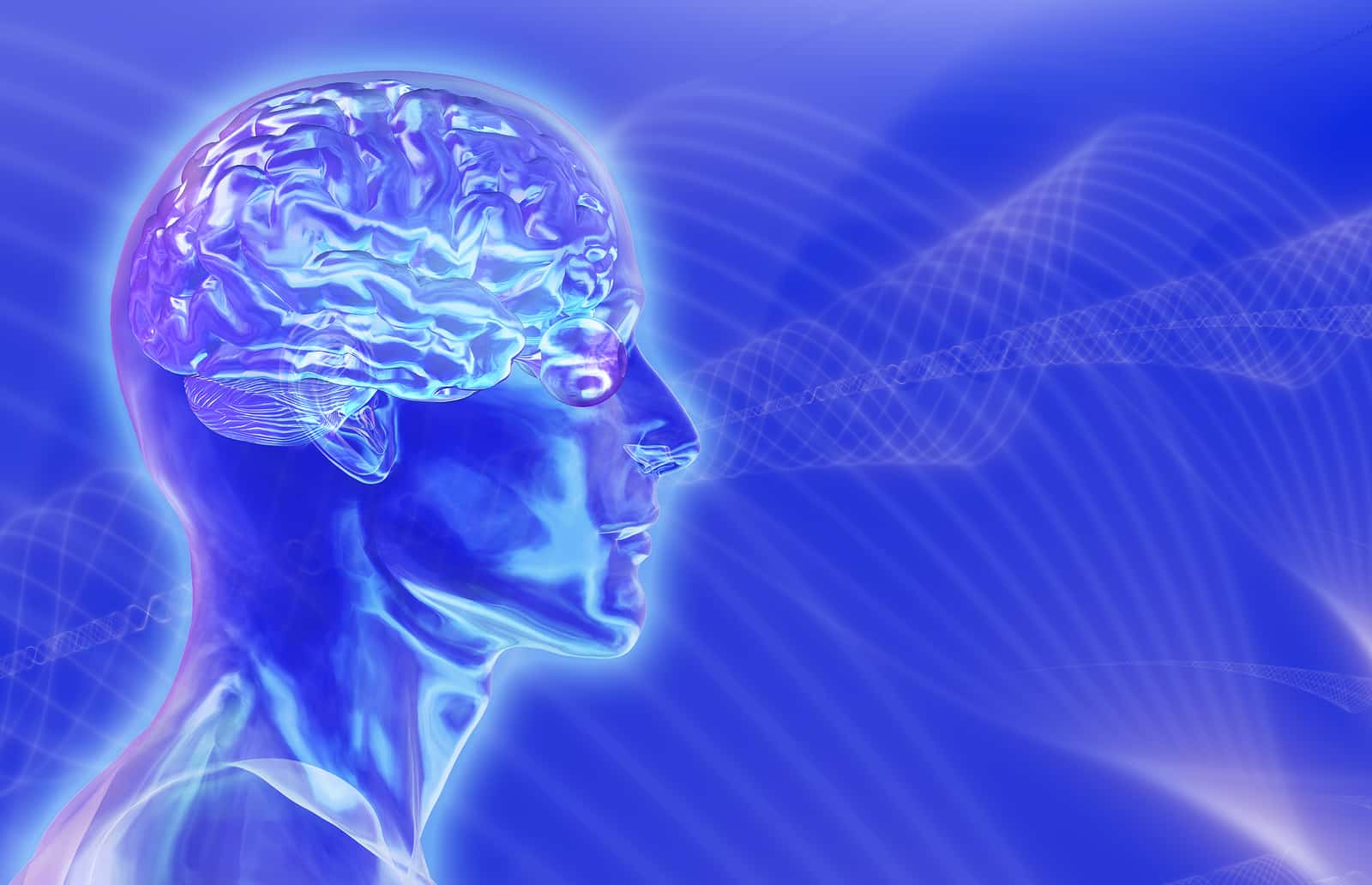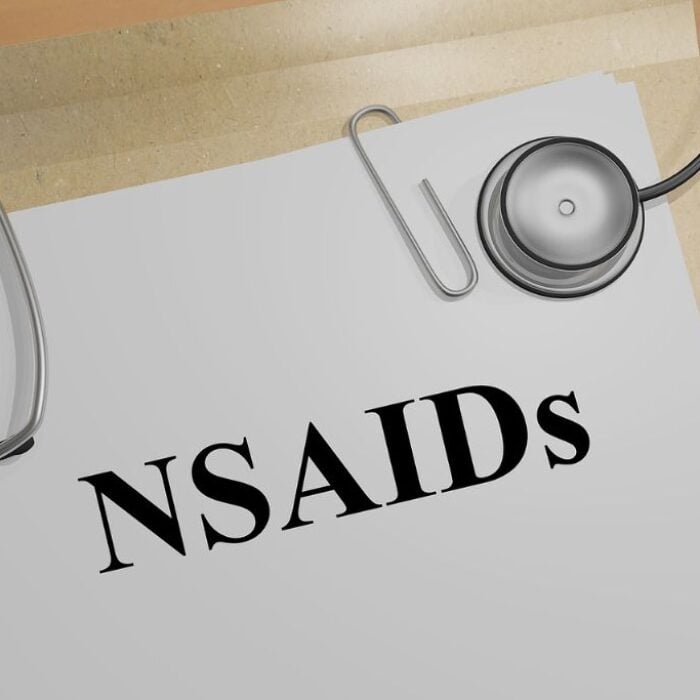Opiate dependence remains a significant problem within the United States, with the Centers for Disease Control and Prevention reporting that heroin-related overdoses quadrupled from 2000 through 2013. Although only 1 to 2% of adults use heroin during their lifetime, this represents several million Americans. Heroin and other opiates are highly addictive, meaning that many who try, will go on to develop a physical dependence.
A significant amount of studies clearly shows the physical effects of heroin dependence. Chronic heroin users may develop collapsed veins, abscesses, infections of the heart’s valves or lining, gastrointestinal problems, constipation, liver disease, kidney disease, pneumonia, hepatitis, or HIV. Additionally, knowledge about the effects of opiate use on the brain continues to expand. A recent study explored the association between heroin dependence and other psychiatric disorders. These findings show that both conditions are tightly linked.
Mental Health and Opiate Dependence Association
The study, conducted by researchers at the University of Turin in Italy, looked at the psychological features of people with heroin addiction. It also compared people with heroin dependence and a history of psychiatric issues to users that have not shown mental health issues. Psychiatric problems were associated with higher feelings of panic or anxiety, higher incidence of physical symptoms, feelings of worthlessness and being trapped, violence or suicidal ideation, and sensitivity.
The results suggest that a large number of people experiencing opiate dependence may have had psychological problems that pre-dated their heroin use. These mental symptoms may partially explain why some people go on to develop addiction while others do not.
Opiate Dependence and Co-Occurring Psychological Problems Contribution
This research study points to the strong association between substance abuse and other mental health problems. A high proportion of the people entering drug addiction treatment for addiction also have a history of emotional issues. The most common are depression, anxiety, post-traumatic stress disorder, obsessive-compulsive disorder, bipolar disorder and eating disorders.
In some of these cases, the psychiatric problems came before any use of prescription opiates, heroin, or other drugs. Having a severe mental health problem can be very distressing, and many people have difficulty coping with their emotional pain. Opiates provide a temporary escape from the pain and struggles of everyday life. For example, a person struggling with depression may find that using heroin provides a feeling of euphoria and relief from painful thoughts.
This desire to escape the daily emotional difficulties understandable, but using opiates is not an effective solution. Eventually, the drug use will progress into a full-blown addiction. Furthermore, opioid drugs can contribute to more significant psychiatric conditions. Long-term opiate use reorganizes some of the brain’s information pathways, making it more difficult to experience natural rewards. This can create a vicious cycle in which using opiates increases de[pression, which leads to continuing drug use, to escape emotional pain.
The Impact of Co-Occurring Mental Health Disorders on Effective Opiate Treatment
As alluded to in the research study, these psychological problems can also impact treatment for opiate dependence. People with co-occurring mental health problems often experience more anxiety, sensitivity, and feelings of worthlessness. Following successful opioid detoxification, these psychological issues can be addressed in a high-quality aftercare program. With effective dependence and emotional treatment, an individual can fully re-engage with life.
Psychic Structure of Opioid Addiction: Impact of Lifetime Psychiatric Problems on SCL-90-based Psychopathologic Dimensions in Heroin-dependent Patients. Addictive Disorders & Their Treatment. Retrieved on July 27, 2015.
















